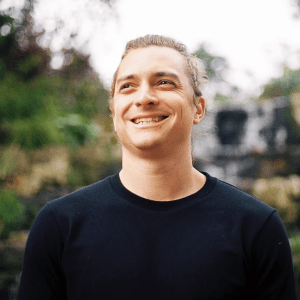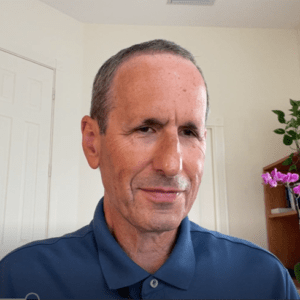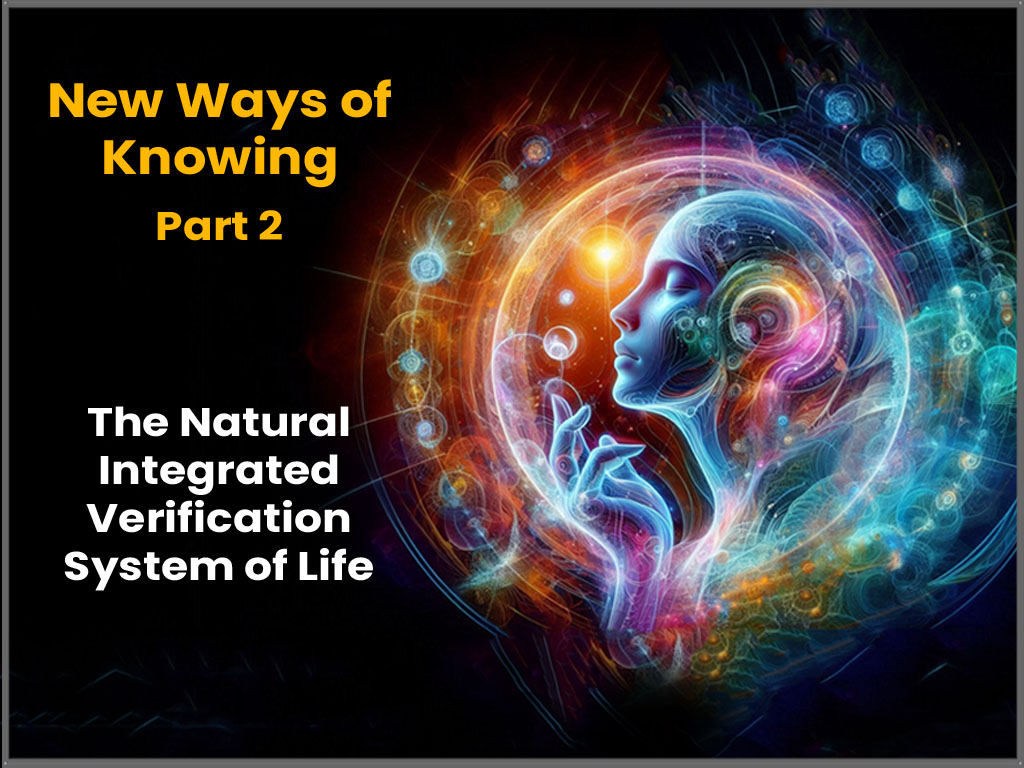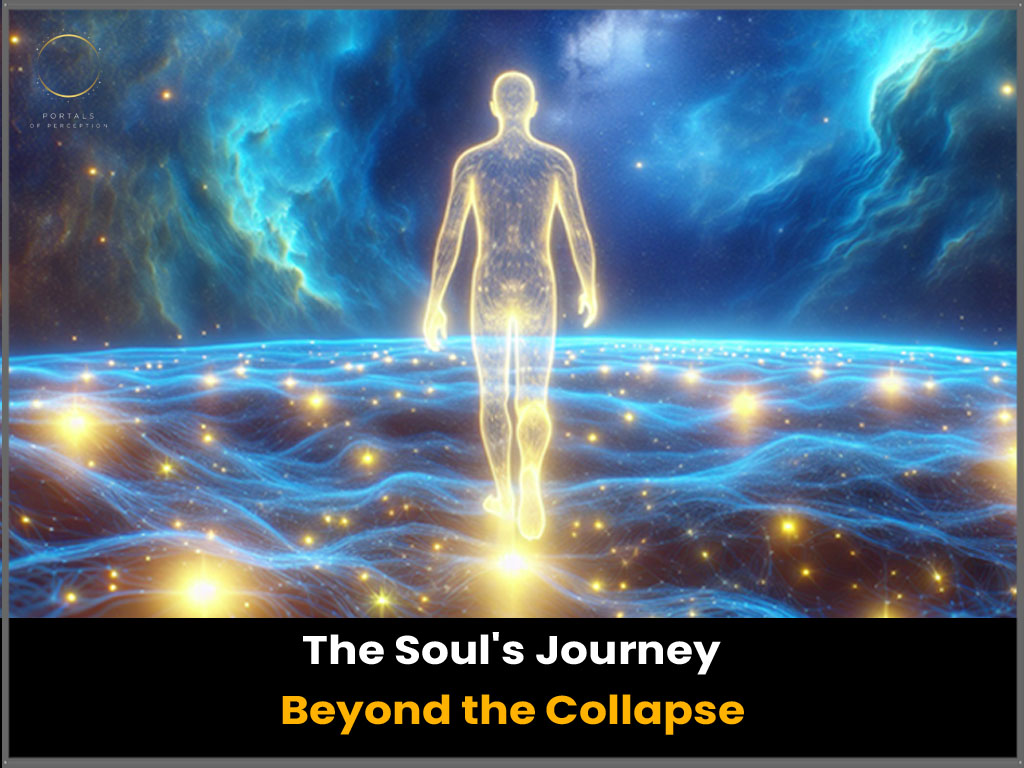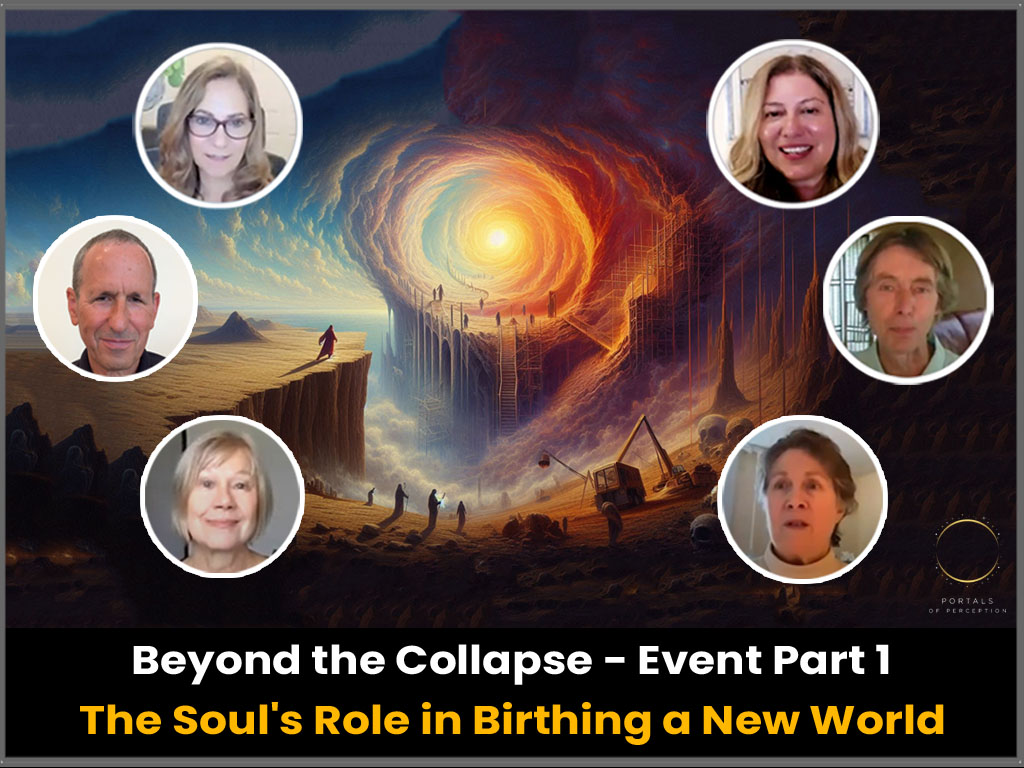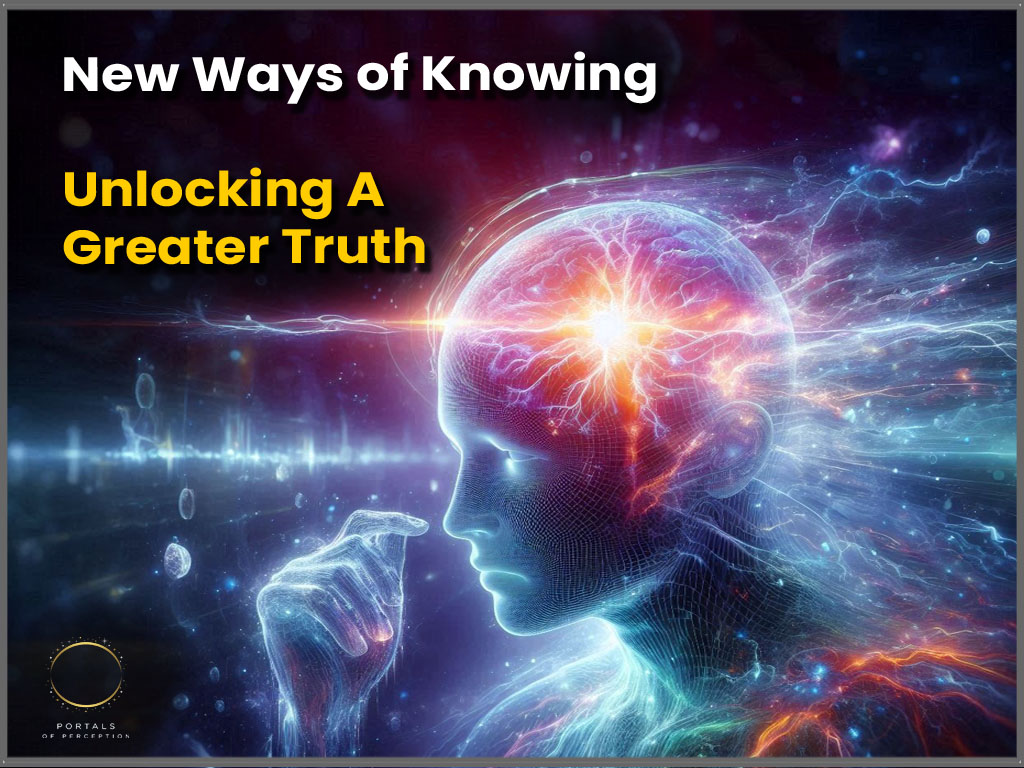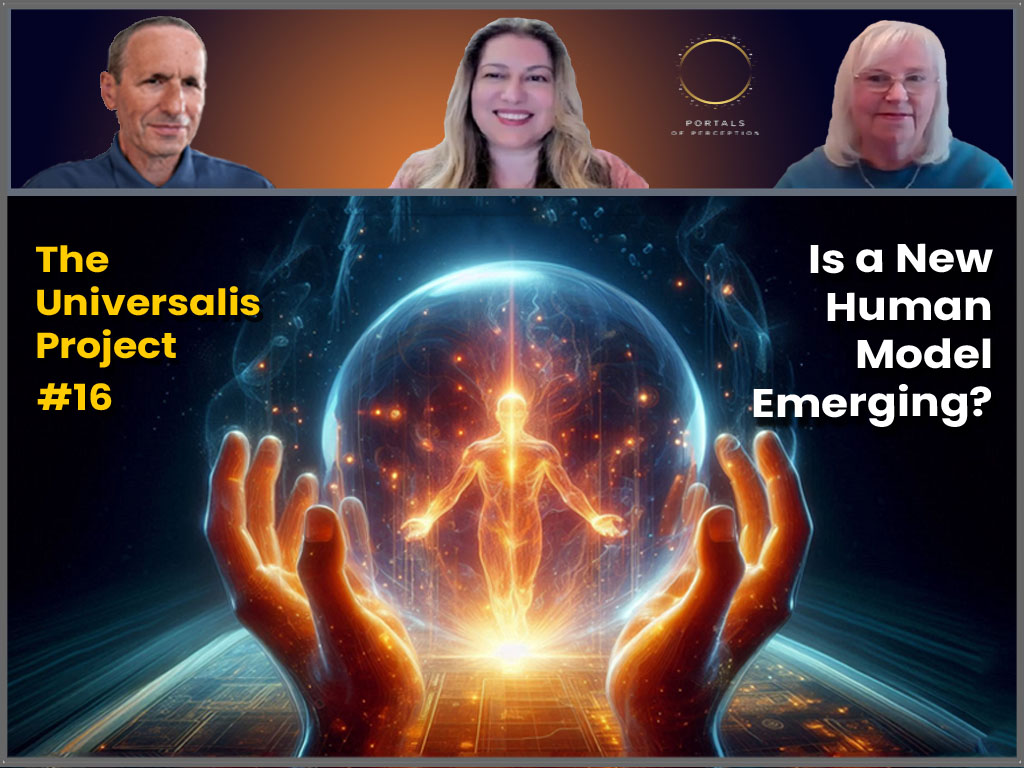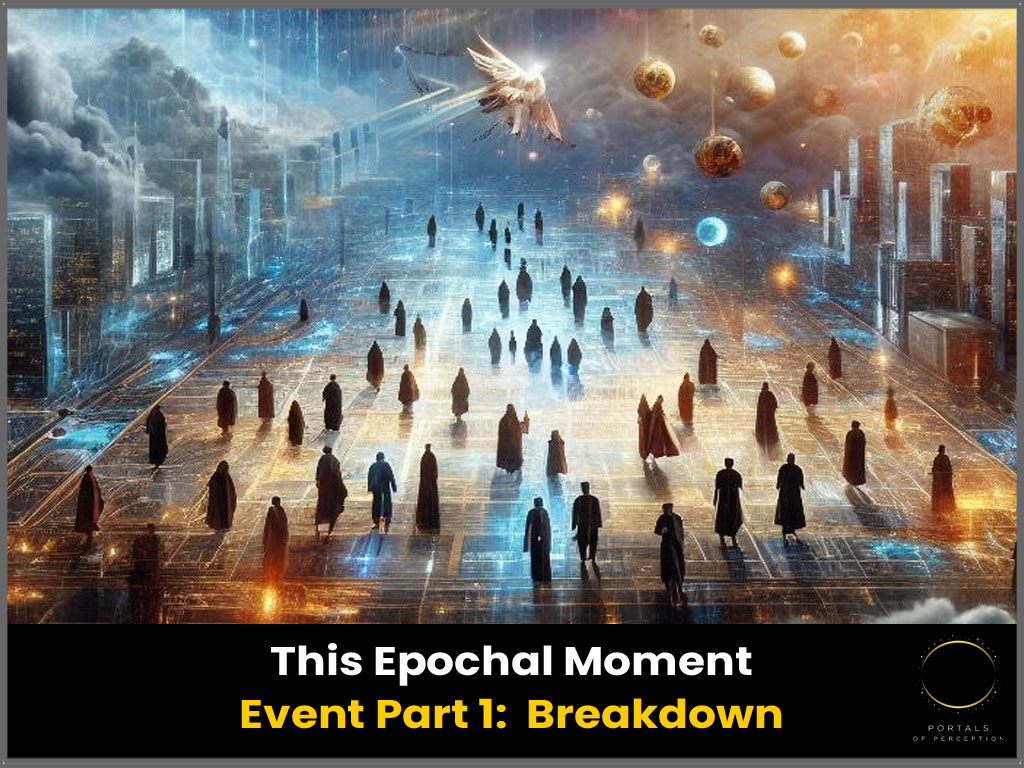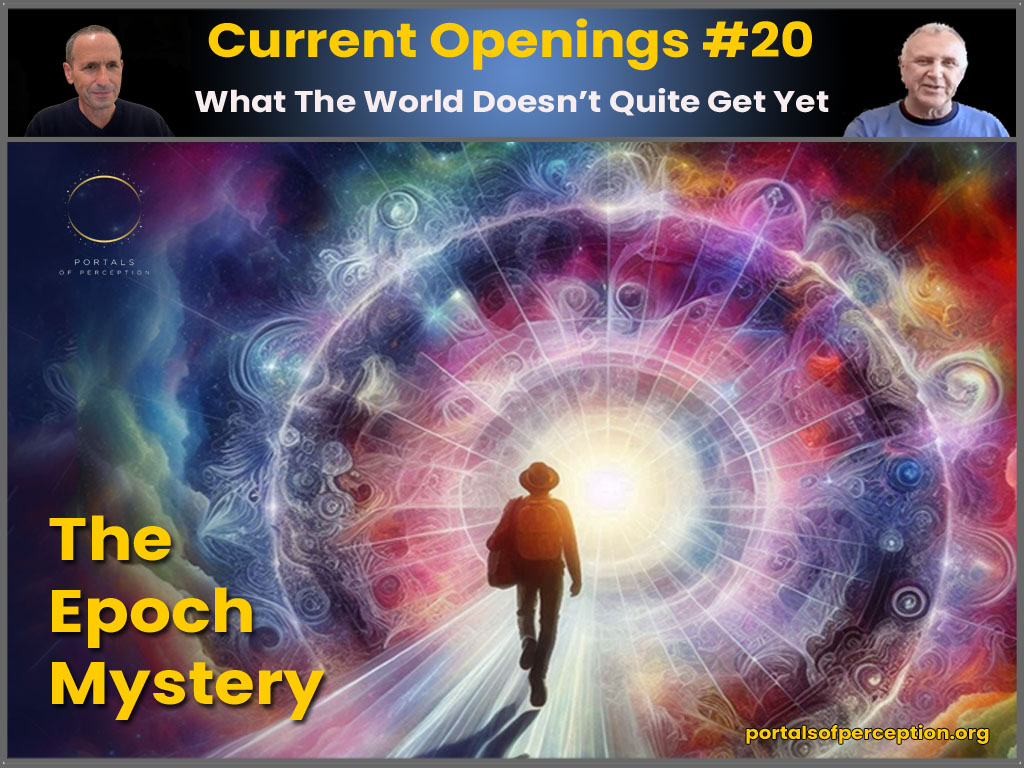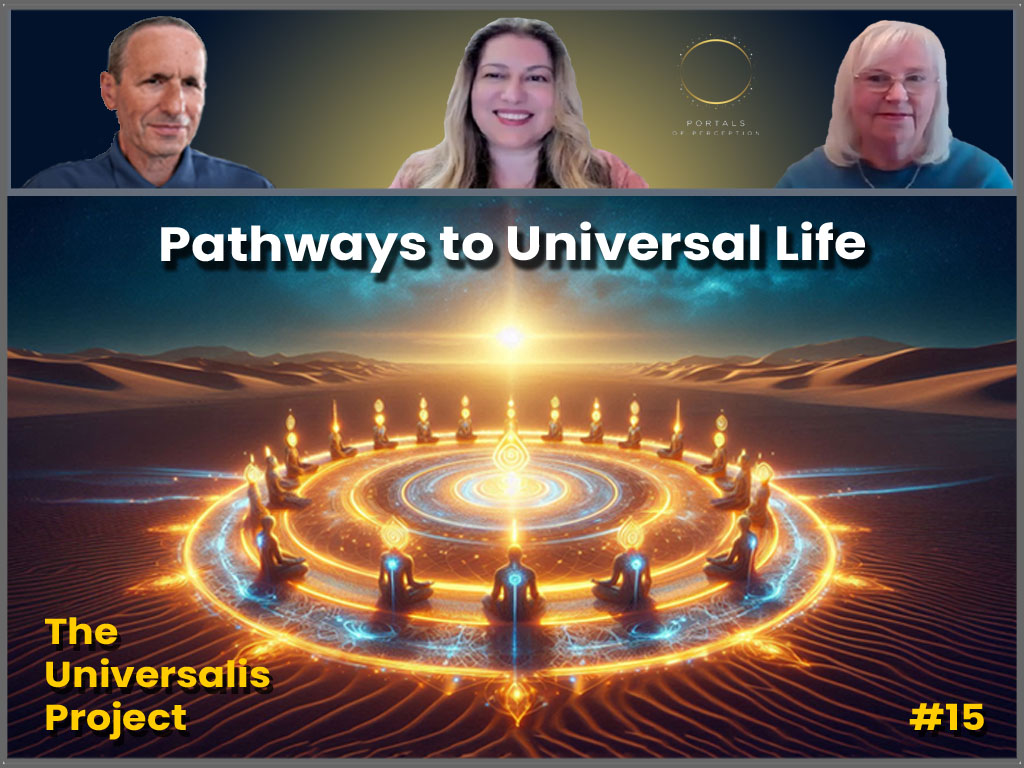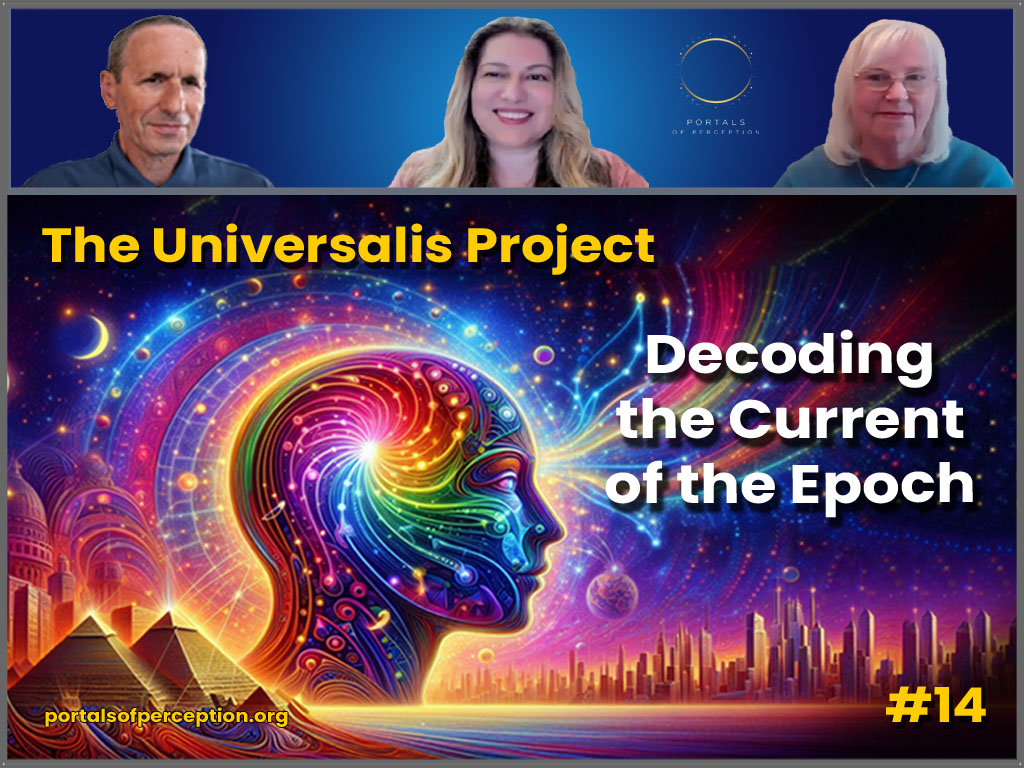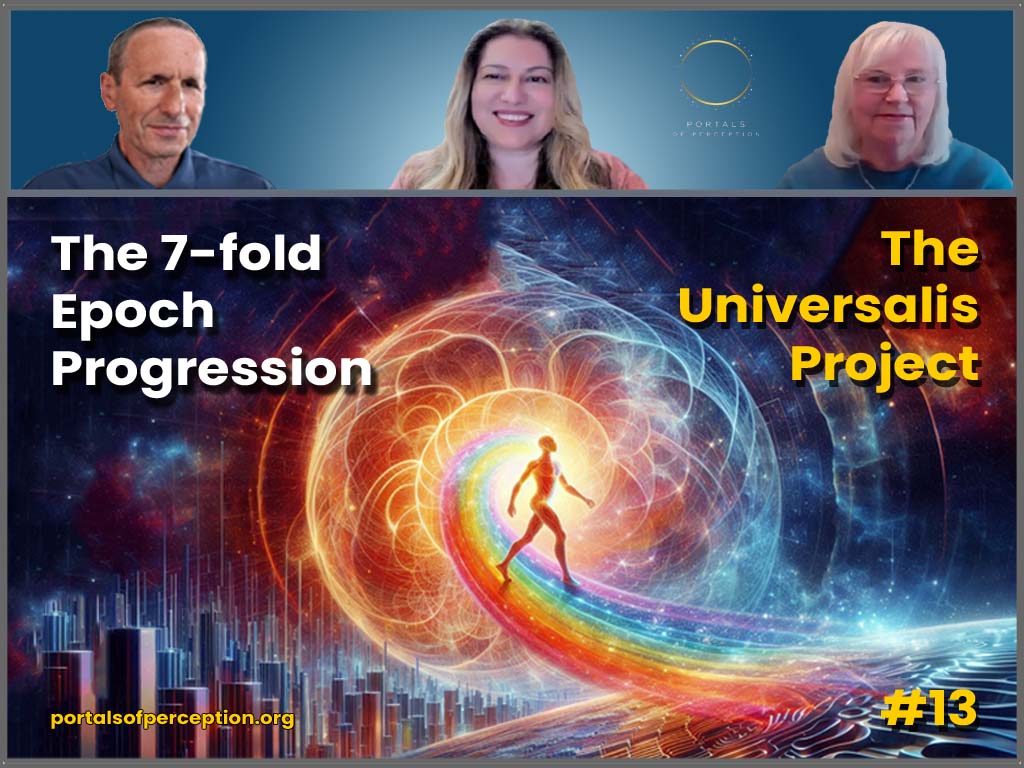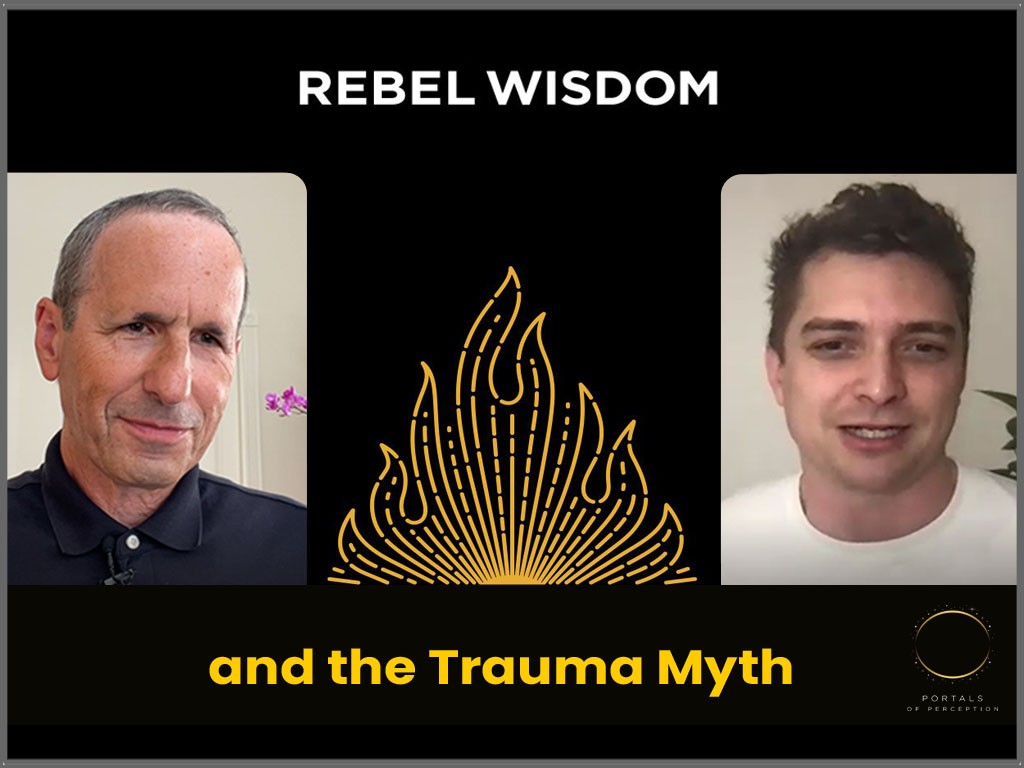
Many news platforms today still at times refer to the struggles of life in 2023 as residual pandemic trauma — directly influenced by the painful events beginning in 2020. Is it really fair and accurate to connect today’s behavior and attitudes to a three-year-old ‘trauma’?
There’s no doubt the pandemic caused pain and suffering, and trauma, for millions of people directly affected. But as everyday life finds a post-pandemic new normal, is it helpful to our personal and collective healing and rebalance to see ourselves as traumatized? Or has trauma become a convenient rationale and strategy to avoid fully facing unsettling aspects of our changing reality?
The pandemic is one example of how trauma can become what some people describe as a culture and identity — a myth we hold onto to explain and excuse our behavior, where every struggle is attributed to trauma. We explore the nature and outcomes of this all-encompassing focus on trauma in this Portals conversation between Aviv Shahar and Alexander Beiner, author, podcaster, and co-founder of Rebel Wisdom, a highly regarded platform for new ideas in this time of change.
Alexander traces his journey to Rebel Wisdom and reflects on the extraordinary phenomenon of its rapid growth as a global community. The conversation then takes a deeper look at the trauma myth.
Among their insights:
- The distinction between a healthy, constructive self-introspection, and one that is narcissistic and destructive, is important because they sound similar but have very different outcomes.
- There's something healthy about starting with a baseline that life involves suffering, rather than a modern Western consumerist notion of life as the pursuit of happiness.
- Cognitive flexibility builds on the understanding of brain plasticity; you can create new synaptic connections and circuitries through learning — exposing yourself to new experiences.
- We reframe resilience from bouncing back to bouncing forward; not reestablishing the old balance.
- If the story we tell ourselves is that we're inherently fragile, the culture we create prevents the innovation and risk taking needed to come through the mental crisis we're facing.
- It's a time of great overlapping crises; in Greek crisis means decision point — we must make huge decisions about who we are and the kind of society we want to create.
- The universe now needs more of the human coming online, not in buildings and churches made of stone, but on the inside, which means turning on the interior lights.
This conversation is part of the continuing Portals discovery into what is emerging on the frontiers of human experience in this time of profound change. Information about upcoming special events can be found on the Events page. Also visit and subscribe to our YouTube channel.
We see trauma everywhere; we understand our suffering through trauma, which is this kind of very vague term we don't quite know how to define. What is often forgotten is the role of resilience. And the idea of bad things happening to us that we struggle with — which is just life — and trauma get merged together, particularly with Generation Z.
